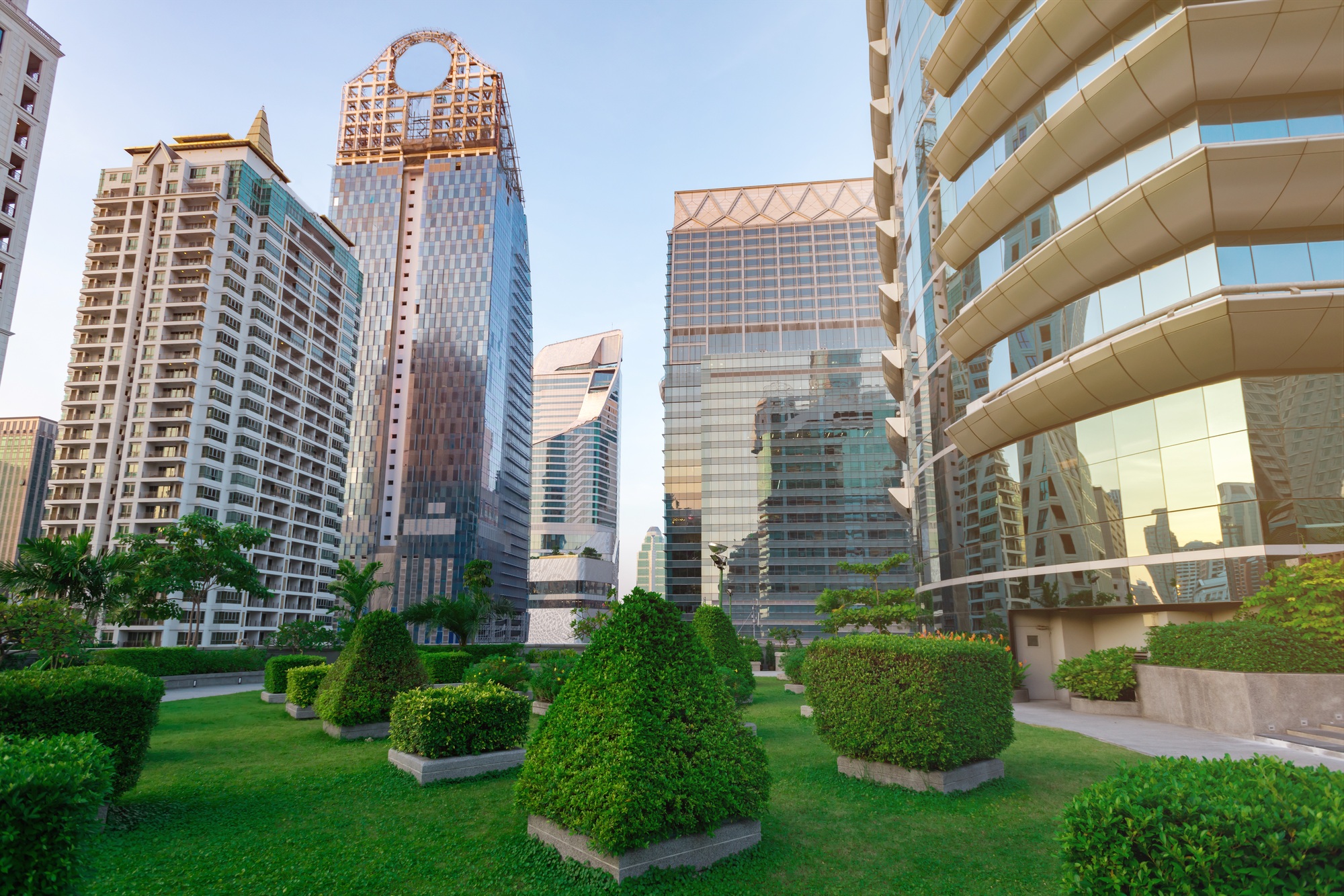
Thailand’s apartment market is experiencing a dynamic shift as economic challenges and investment opportunities shape its future in 2025. Thailand’s apartment market faces hurdles such as high mortgage rejection rates, weak purchasing power, and rising construction costs, making it increasingly difficult for local buyers to secure property.
Despite these difficulties, Thailand’s apartment market continues to attract foreign investment, with government policies providing much-needed support. Understanding the key economic factors shaping the market is crucial for stakeholders looking to navigate the evolving landscape successfully.

Economic Challenges in Thailand’s Apartment Market
Weak Purchasing Power and High Mortgage Rejection Rates
One of the biggest challenges in Thailand’s apartment market is weak purchasing power, particularly among middle- to lower-income groups. Strict lending criteria and high interest rates have led to mortgage rejection rates of up to 70% in some areas. Consequently, many potential buyers are unable to secure financing, reducing demand for apartment purchases, especially in major urban centers such as Bangkok.
Rising Construction Costs in Thailand’s Apartment Market
The increasing cost of raw materials, global supply chain disruptions, and domestic inflation have significantly raised construction costs in apartment market. As a result, developers face difficulties in maintaining profitability while keeping housing prices affordable for buyers. These higher costs are ultimately passed down to consumers, making home ownership even less accessible.

Household Debt and Economic Slowdown
Thailand’s apartment market is affected by household debt, which reached a staggering 89.6% of GDP in Q2 2024, putting pressure on consumer spending and overall economic stability. Furthermore, the slowdown in the global economy—partly due to the downturn in China’s real estate sector—has exacerbated challenges in the Thai property market. Reduced economic growth affects employment levels and income stability, making home purchases less viable for many households.
Opportunities and Market Trends
Foreign Investment and Government Support in Thailand’s Apartment Market
Despite the domestic economic difficulties, foreign investment continues to be a strong driver of Thailand’s apartment market. Chinese investors, in particular, account for nearly 50% of foreign property transactions. In response to the economic downturn, the Thai government has implemented policies such as property fee reductions and low-interest loans for affordable housing, aimed at stabilizing the market and encouraging homeownership.

Shift to Rental Market in Apartment Market
With home purchases becoming increasingly challenging, a growing number of individuals are opting to rent instead. This trend is expected to significantly boost the rental condominium market, particularly in inner Bangkok, where rental demand is projected to grow by up to 40% in 2025. Investors and developers are adapting to this shift by focusing more on rental properties and long-term leasing strategies.
Demand for Luxury and High-End Properties
While the lower and middle-income segments face affordability challenges, the luxury property market continues to thrive. High-net-worth individuals, both local and international, are showing increasing interest in high-end condominiums in prime locations such as Bangkok and Phuket. Developers are responding by launching premium residential projects catering to this affluent market segment.

Future Outlook
Apartment market in 2025 is expected to navigate a complex economic landscape, balancing the challenges of weak local demand and high construction costs with opportunities presented by foreign investment and shifting market trends. Developers are increasingly diversifying their strategies, targeting both rental and luxury segments while leveraging government support measures.
While obstacles remain, Thailand’s apartment market is set for gradual recovery, contingent on effective policy implementation and strategic adaptations by industry stakeholders. The evolving economic climate necessitates continuous monitoring of market trends and proactive adjustments to ensure sustainable growth.
Conclusion
Thailand’s apartment market in 2025 is marked by both challenges and opportunities. Weak purchasing power, stringent mortgage policies, and rising costs pose significant hurdles, while foreign investment and shifting consumer preferences towards rentals and luxury properties create growth avenues. Moving forward, apartment market success will depend on the adaptability of developers and the effectiveness of economic support measures.


